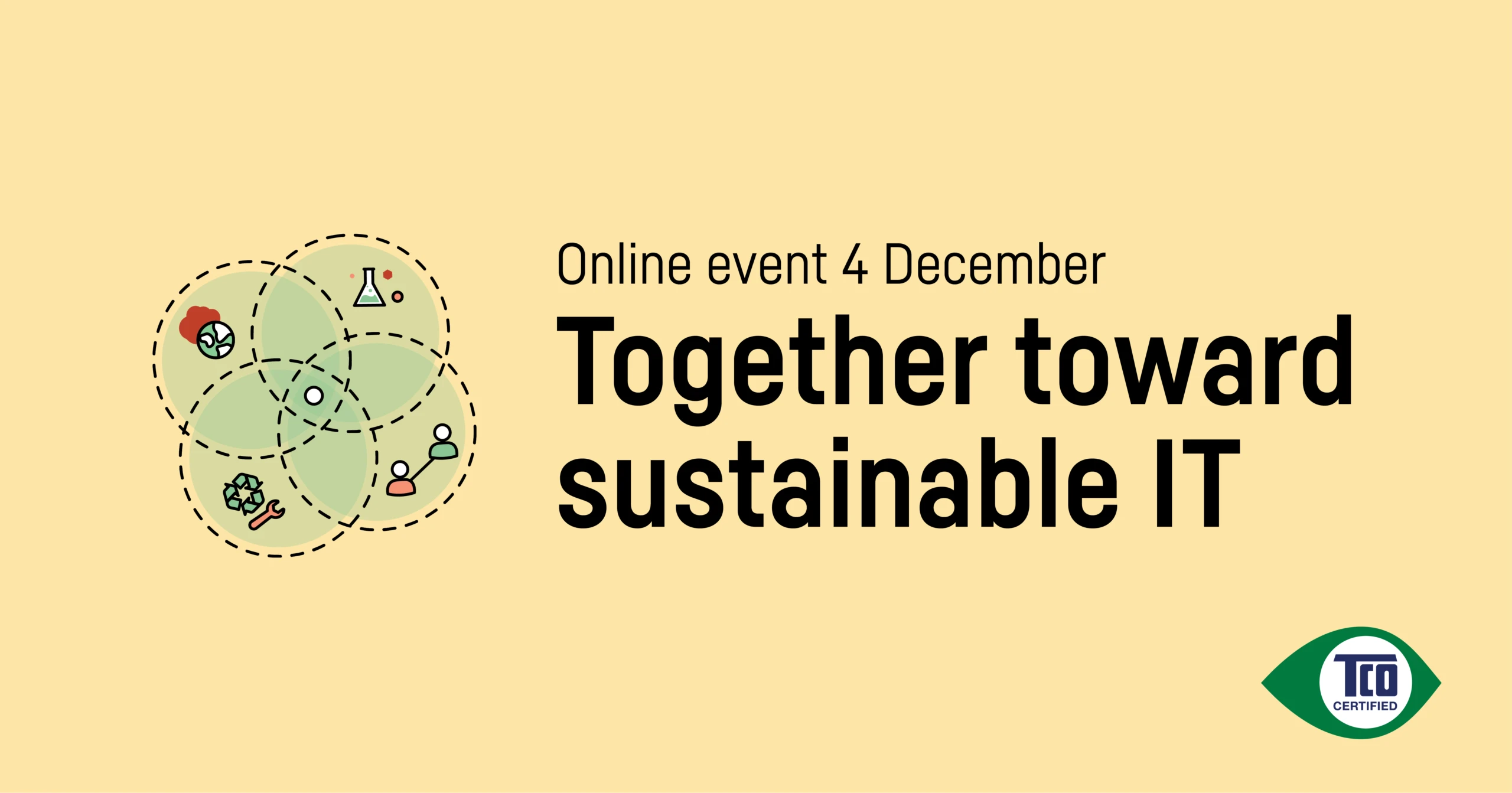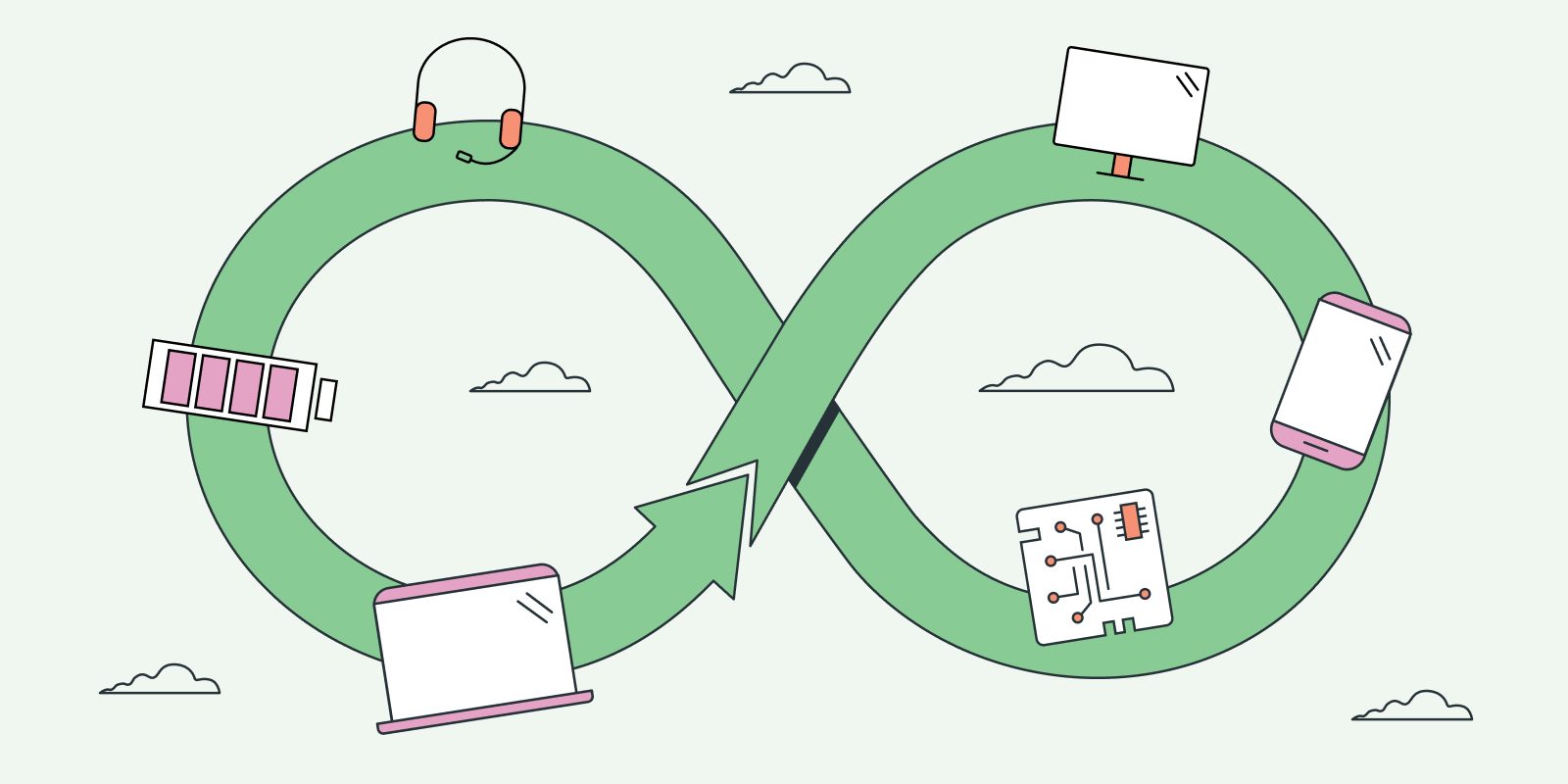260,000 tons of new electronic products are sold annually in Sweden. The consumption has large social and environmental impacts throughout the life cycle, from production, use and how they are used, and what happens to them at the end of their product life cycle.
To drive sustainability in manufacturing and throughout the life cycle of these products, the KEEP project now develop a traceability system for electronics.
KEEP (Keep Electrical and Electronic Products in the circular system) is a collaboration between Chalmers Industriteknik, BOID, Clas Ohlson, Dustin, El-Kretsen, Godsinlösen, GS1, Lenovo, the Swedish Society for Nature Conservation, Recipo, Scandigruppen, Sims Recycling Solutions, Stena, TCO Development and Techbuddy.
“These 14 organizations represent all stages in the life cycle of an electrical product. This is a unique opportunity to develop a traceability system, contributing to a circular economy from the birth of the product until the end of its life,” says Kristina Liljestrand, project manager.
The idea is that every product will be marked and carry information about its origins, contents and how it has been produced. This information will, for example, help producers adjust their new production to more sustainable methods. Easily accessible information also helps buyers and consumers to choose products that are produced in a more sustainable way.
At the same time, the market for used products can grow and a larger quantity of materials can be recycled with better quality. This is due to more efficient processes based on relevant information, all the way from the production stage to recycling.
The solution is based on a cloud-based information sharing platform. The platform gathers information about the product from its various life cycle stages. It enables flexible and future-proof access to information for all parties and allows for future data analysis, for example with AI. The information will be visualised in a clever and accessible way in an app.
“Social sustainability and circularity are two strong priorities in TCO Certified. Traceable IT products makes it possible to sharpen our socially responsible manufacturing criteria even more, and speed up the transition to the circular economy,” says Andreas Rehn, project manager of criteria development at TCO Development.
The project is financed by Vinnova as part of the ‘Challenge-driven innovation’ programme. It will run until March 2021, when a prototype is expected to be ready.
Please contact Andreas Rehn if you have questions about KEEP, or if you want to know how your organization can benefit from traceable electronics.





